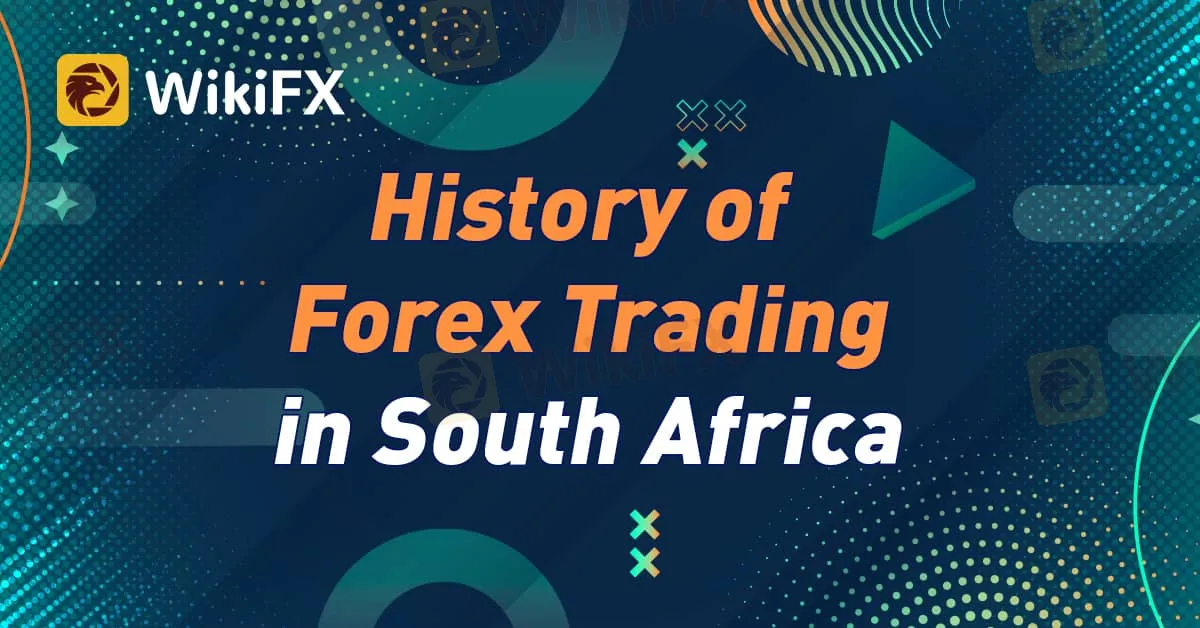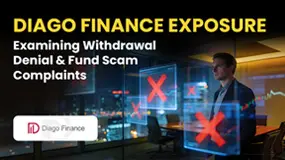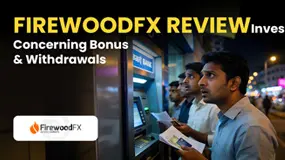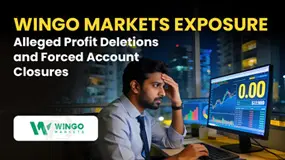Abstract:Forex trading, also known as foreign exchange trading, is the act of buying and selling currencies in the hope of making a profit. It is one of the largest financial markets in the world, with a daily trading volume of over $5 trillion. While forex trading has been around for centuries, it has only recently become a popular investment option in South Africa. In this article, we will examine the history of forex trading in South Africa, including when it started, how it became popular, and why it is still popular today.

Forex trading, also known as foreign exchange trading, is the act of buying and selling currencies in the hope of making a profit. It is one of the largest financial markets in the world, with a daily trading volume of over $5 trillion. While forex trading has been around for centuries, it has only recently become a popular investment option in South Africa. In this article, we will examine the history of forex trading in South Africa, including when it started, how it became popular, and why it is still popular today.
Understand that when forex trading blew up in South Africa, so did the scams. These days, there are many different scams, and it will be difficult to navigate trading with all of these scams. WikiFX is a forex inquiry app that allows traders to view all the broker's information. The app also allows traders to rate and review brokers. All traders should download this app, as it provides valuable information about brokers and the markets. The app is available on the App Store and Play Store.
Forex trading in South Africa started to gain popularity in the late 1990s and early 2000s. At the time, the South African government was working to liberalize its economy, and this led to increased interest in forex trading among local investors. One of the main drivers of forex trading in South Africa was the removal of exchange controls, which had previously limited the ability of individuals to buy and sell currencies. The liberalization of the economy also allowed for the establishment of local forex brokers, which made it easier for individuals to trade currencies.
Another factor that contributed to the growth of forex trading in South Africa was the advent of online trading platforms. With the advent of the internet, it became possible for anyone to trade currencies from the comfort of their own home. This was a game-changer, as it allowed individuals to trade currencies 24 hours a day, seven days a week. This was particularly attractive to South Africans, as it allowed them to trade currencies during their spare time, without having to travel to a physical trading location.
Despite the growth of forex trading in South Africa, there was still a lot of uncertainty about how the market worked. To address this, many local brokers started offering educational resources and training to help individuals understand how to trade currencies. This was important, as it helped to build trust in the forex market, and made it easier for people to get started with trading.
So why has forex trading become so popular in South Africa? One of the main reasons is that it is an accessible investment option. Unlike other financial markets, such as stocks and bonds, forex trading does not require a large amount of capital to get started. This means that anyone can get involved, regardless of their financial background or experience. Additionally, the ease of access to online trading platforms has made it easier for individuals to trade currencies, even if they have no prior experience in the financial markets.
Another reason why forex trading has become popular in South Africa is that it offers the potential for high returns. While there is always a risk involved in any investment, forex trading has the potential to generate significant profits in a short period of time. This is particularly true for those who are able to take advantage of price movements in the currency markets, and who are able to manage their risk effectively.
In addition to the potential for high returns, forex trading also offers a high degree of flexibility. Unlike other financial markets, forex traders are not limited by a set trading schedule. This means that they can trade currencies whenever they choose, as long as there is an open market. This is particularly attractive to South Africans, as it allows them to trade currencies during their spare time, without having to give up their day job.
Finally, forex trading has become popular in South Africa because it is a global market. This means that individuals can trade currencies from anywhere in the world, and can take advantage of price movements in different countries. This has made forex trading an attractive option for South Africans, as it allows them to access a range of investment opportunities that would not be available in their own country.










